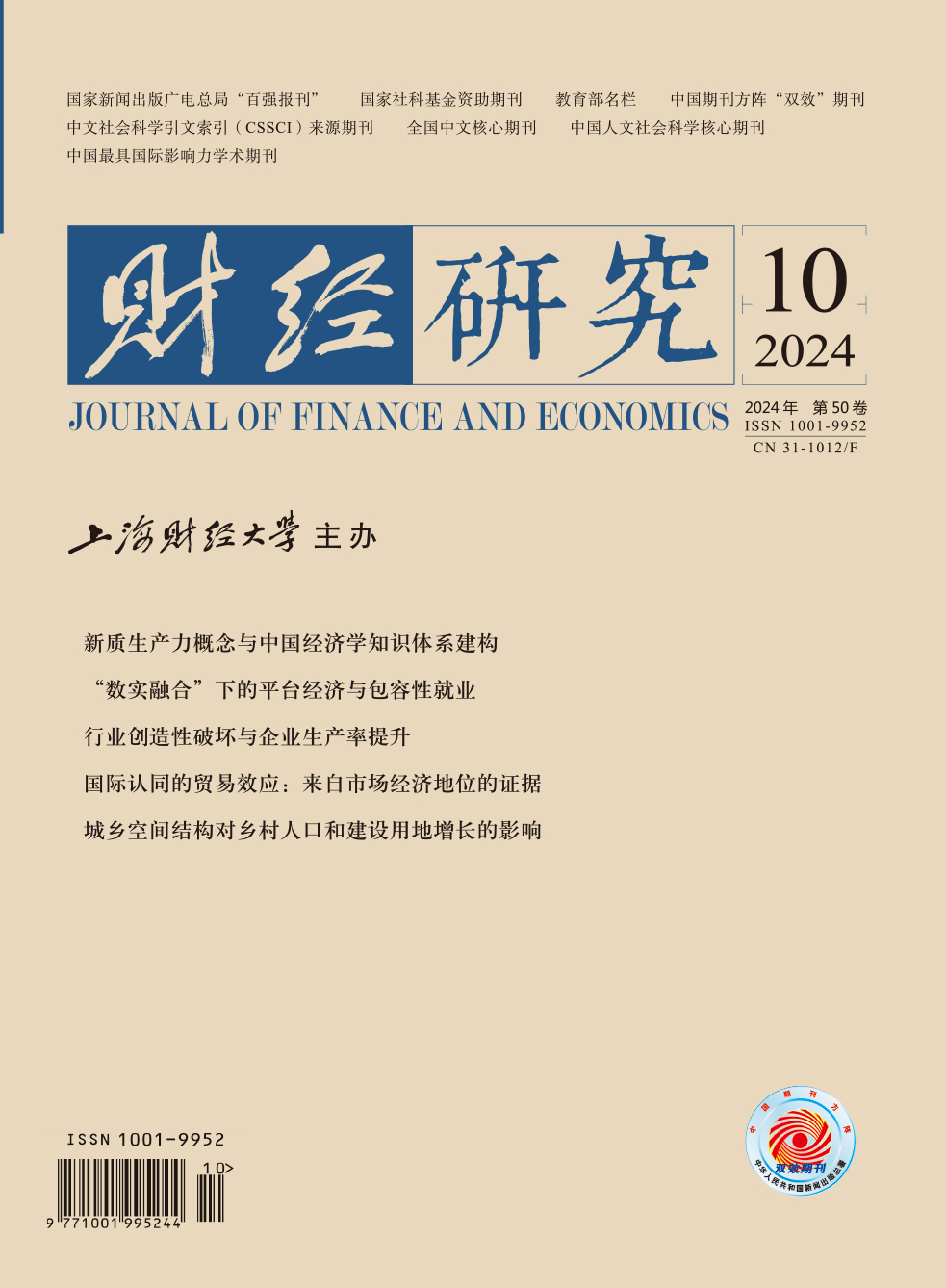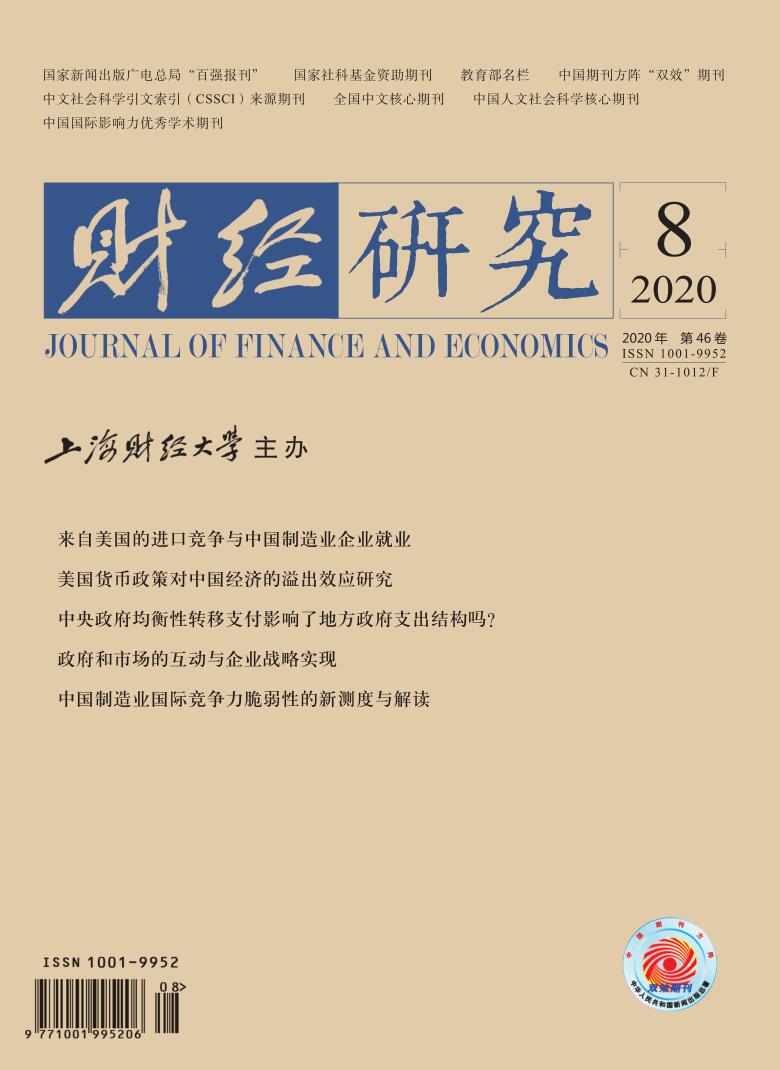In recent years, the importance of international capital flows has been increasing, which has significantly accelerated the integration process of the international financial system. After 2008, the central banks of major western developed economies implemented loose monetary policy, which led to a large amount of capital flowing into new market countries. However, international capital flowed out of new market countries after Federal Reserve Chairman Ben Bernanke said in 2013 that the Federal Reserve would gradually withdraw from quantitative easing.
The great fluctuation of international capital has aroused the debate about monetary policy and macro-prudential policy. Rey (2015) believes that under any exchange rate system, only the control of international capital flows can maintain the independence of monetary policy. In view of the above findings, since 2016, the People’s Bank of China has established a macro-prudential regulatory mechanism for international capital flows to resist external financial shocks.
By introducing domestic and international financial institutions, this paper brings the macro-prudential policy of foreign financial shocks and capital flows into the DSGE framework of small countries’ open economy. Domestic financial institutions can raise funds by absorbing the deposits of their own residents and foreign residents; international financial institutions buy and sell the creditor’s rights issued by various countries, so as to implement capital flows.
It is found that under the impact of foreign interest rate increase, on the one hand, it will tighten the balance sheet of domestic financial institutions, and reduce the scale of corporate credit through bank incentives and constraints; on the other hand, it will cause the devaluation of domestic currency and international capital outflows, and affect the stability of the financial system. The macro-prudential management mechanism of capital flows can enhance the ability to resist external financial shocks. For China, the proportion of foreign debt is relatively low, and the policy effect is relatively mediocre for the counter cyclical tax adjustment mechanism of external borrowing of domestic financial structure; however, the counter cyclical adjustment mechanism for the capital flow of international financial institutions can significantly improve social welfare.
This paper gives the following policy recommendations: Firstly, we should increase the significance of external financial risk prevention. In recent years, the rapid growth of international capital flows has brought new challenges to new economies. Secondly, we should strengthen the supervision of cross-border capital flows to resist external financial risks. In the process of further opening up of China’s financial market, the People’s Bank of China should improve the macro-prudential supervision of foreign exchange market, real estate market and credit market to prevent systemic financial risks. Finally, we should properly solve the financing problems of enterprises. For China, capital outflows will aggravate the already severe credit market pressure. Therefore, on the one hand, resist the external financial risk contagion through the macro-prudential supervision mechanism of capital flows; on the other hand, maintain the liquidity at a reasonable level through the flexible operation of monetary policy, in order to support economic growth.






 4443
4443  4797
4797

